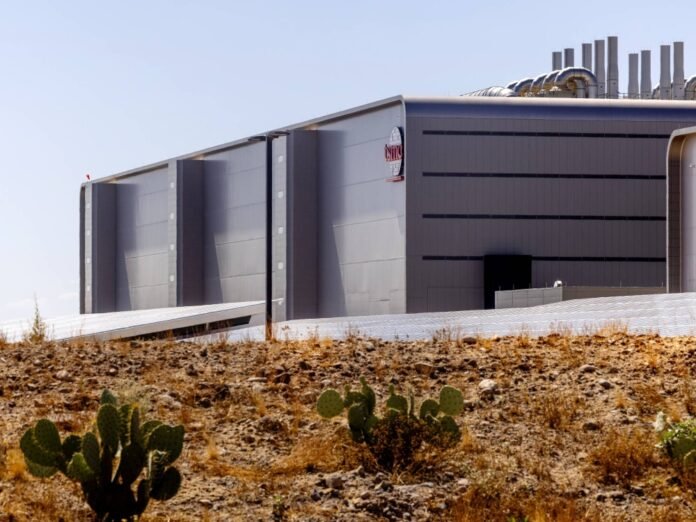Taiwan Semiconductor Manufacturing Co., one of the world’s largest makers of advanced computer chips, announced plans in May 2020 to build a facility on the outskirts of Phoenix. Four years later, the company still hasn’t started selling semiconductors made in Arizona.
The Taiwanese company’s presence in the state was seen as an all-round win: It would boost advanced chip production in the United States and help diversify TSMC’s output away from Taiwan, an island democracy that has been at the center of China’s increasingly aggressive geopolitical claims. TSMC has pledged $65 billion to the project, and in April, the administration of U.S. President Joe Biden announced that the company would receive a $6.6 billion grant funded by the CHIPS and Science Act.
U.S. officials have long worried about the country’s dependence on TSMC. U.S. Commerce Secretary Gina M. Raimondo has said that America buys 92 percent of its “leading” chips from Taiwan. TSMC’s Arizona plant is a test of U.S. efforts to diversify its reliance on chips made abroad.



